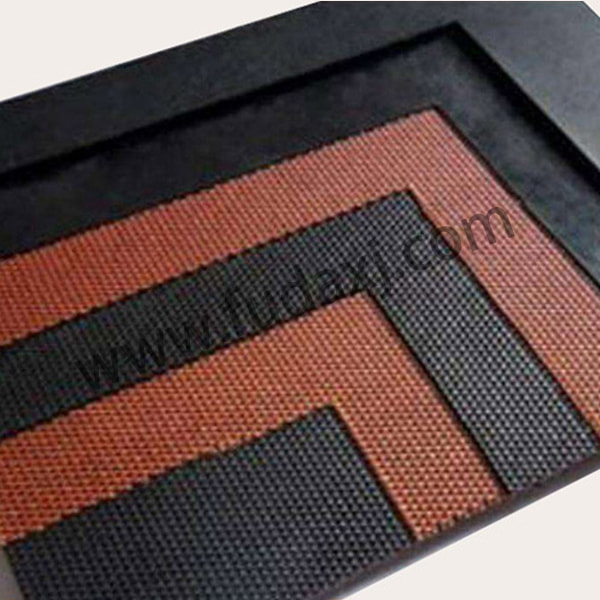
In the dynamic world of industrial material handling, the durability and efficiency of conveyor systems are paramount. One critical component that has garnered significant attention is the abrasion conveyor belt. Designed to withstand the rigors of heavy-duty applications, these belts are engineered to handle abrasive materials with exceptional resilience, making them a cornerstone of modern industrial operations.
Abrasion conveyor belts are specifically designed to handle materials that are inherently abrasive, such as sand, gravel, minerals, and other hard substances. These materials can cause significant wear and tear on traditional conveyor belts, cause frequent replacements and increased maintenance costs. However, abrasion-resistant belts are engineered with advanced materials and manufacturing techniques to mitigate this wear, ensuring longer service life and reduced downtime.
The durability of abrasion conveyor belts is a testament to their engineering. These belts are constructed with high-quality materials that offer predominant resistance to abrasion, tearing, and puncturing. The use of advanced rubber compounds and reinforcement layers ensures that the belts can withstand the harsh conditions of industrial environments. This enhanced durability translates into longer service life, reducing the need for frequent replacements and small maintenance costs.
Efficiency is another key attribute of abrasion conveyor belts. These belts are designed to maintain ideal performance even under heavy loads and continuous operation. The smooth surface and consistent tension of the belts ensure that materials are transported smoothly and efficiently, reducing the risk of spillage and material loss. This efficiency not only improves the overall productivity of industrial operations but also contributes to a safer working environment.
One of the significant advantages of abrasion conveyor belts is their adaptability to various industrial applications. These belts can be customized to meet specific requirements, such as belt width, length, and load capacity. This flexibility allows industries to tailor their conveyor systems to suit their unique needs, ensuring ideal performance and efficiency. Whether it's a mining operation, a quarry, or a manufacturing facility, abrasion conveyor belts can be adapted to handle the specific challenges of each environment.
The use of abrasion conveyor belts also offers environmental and cost benefits. By reducing the frequency of belt replacements, these belts less waste and contribute to a more sustainable industrial practice. Additionally, the reduced downtime and maintenance costs associated with abrasion-resistant belts cause significant savings over time. These belts are not only cost-effective but also environmentally friendly, aligning with the growing emphasis on sustainability in industrial operations.
The development of abrasion conveyor belts has seen significant technological advancements in recent years. Innovations in material science and manufacturing processes have led to the creation of belts that offer even greater resistance to abrasion and wear. Smart monitoring systems integrated into these belts allow for real-time monitoring of belt conditions, enabling proactive maintenance and reducing the risk of unexpected failures.
Abrasion conveyor belts have become an essential component in modern industrial material handling. Their ability to withstand abrasive materials, combined with their enhanced durability and efficiency, makes them a vital tool in various industrial applications. Technological advancements and customization options further enhance their appeal, making them a practical and cost-effective solution for handling abrasive materials.
 English
English 简体中文
简体中文 Español
Español عرب
عرب
 English
English




 Fax: 0086-576-83019528
Fax: 0086-576-83019528